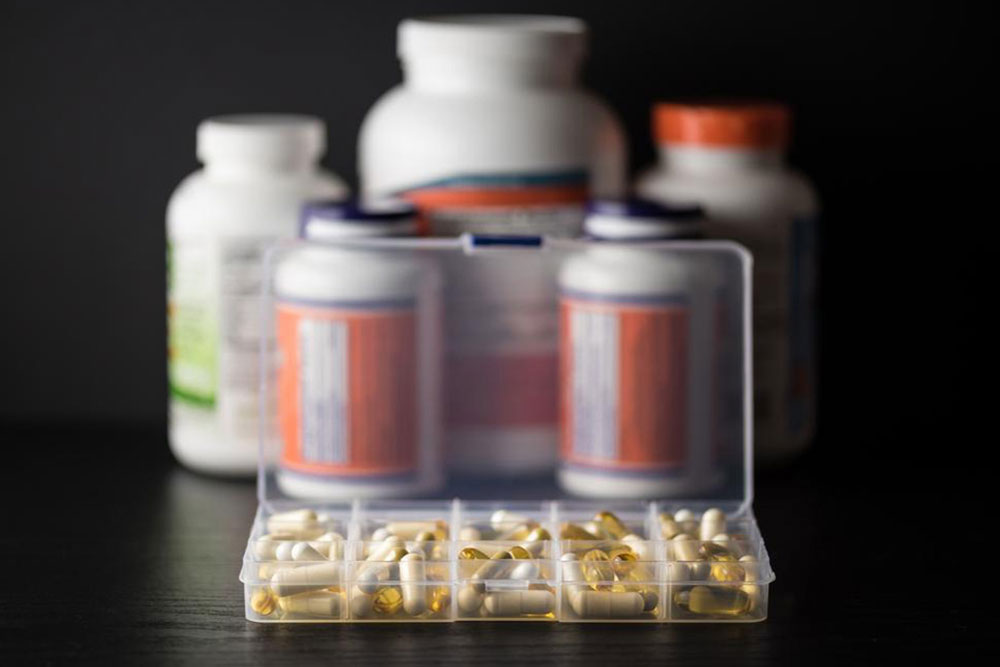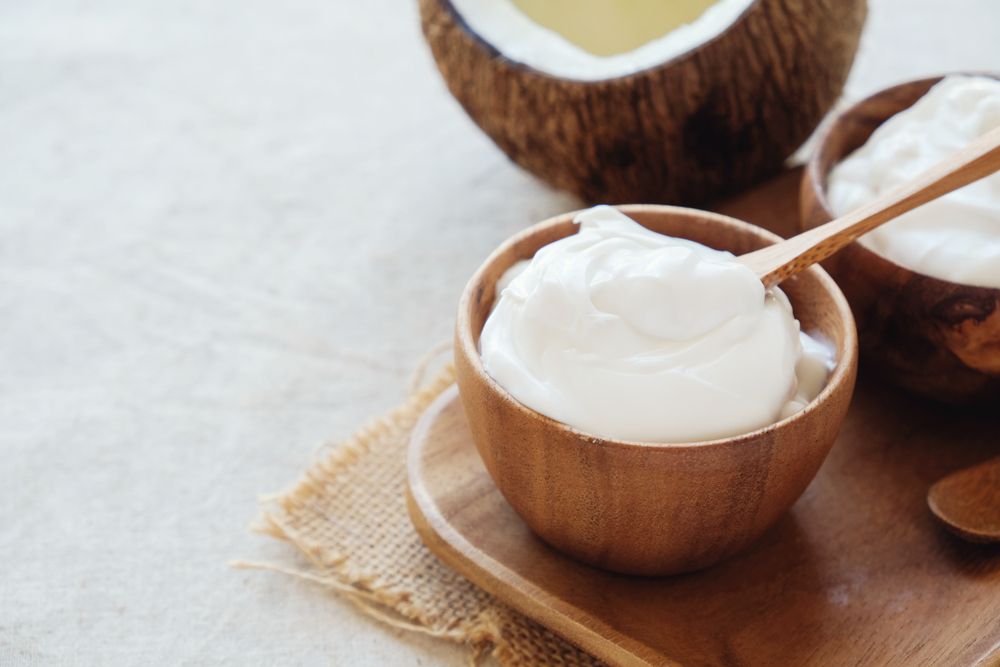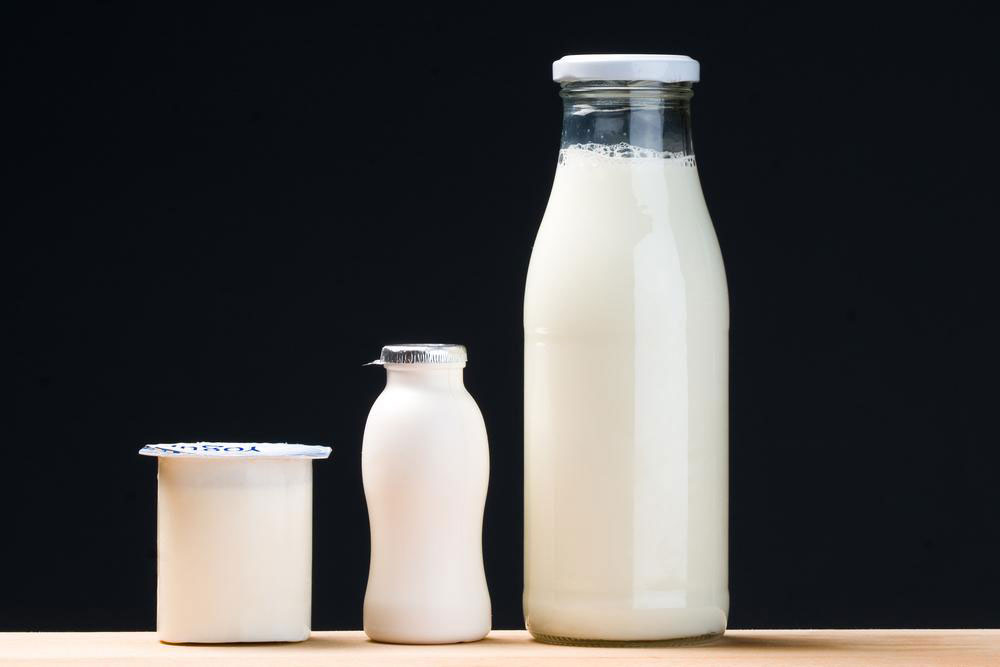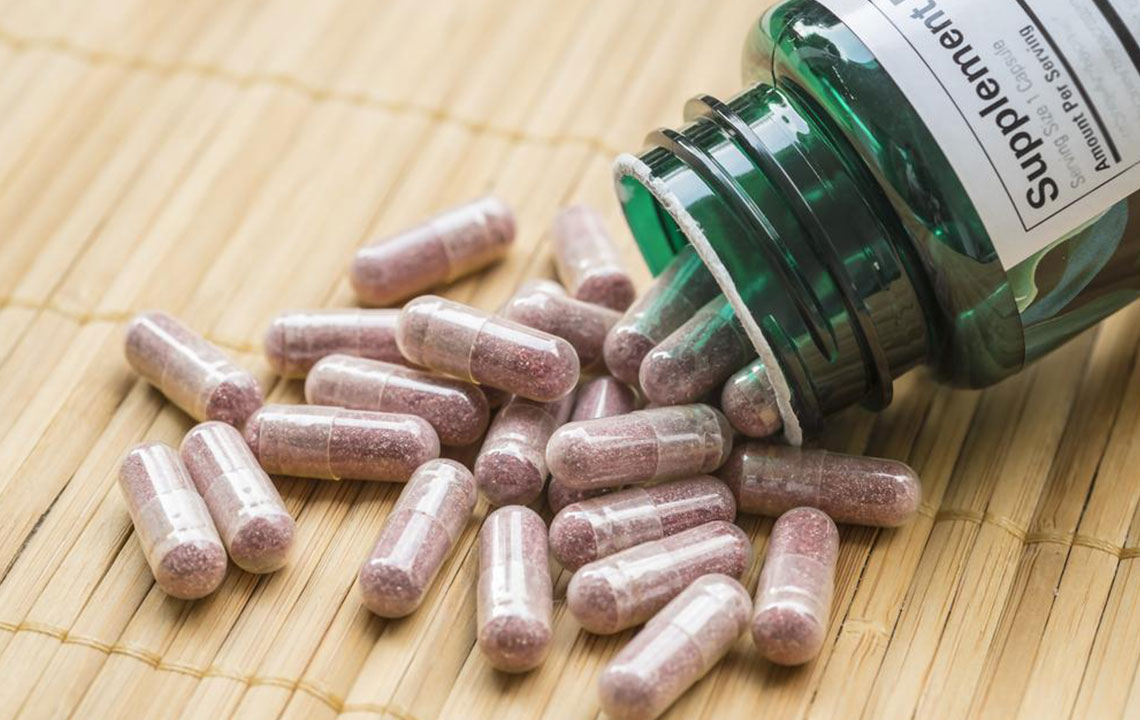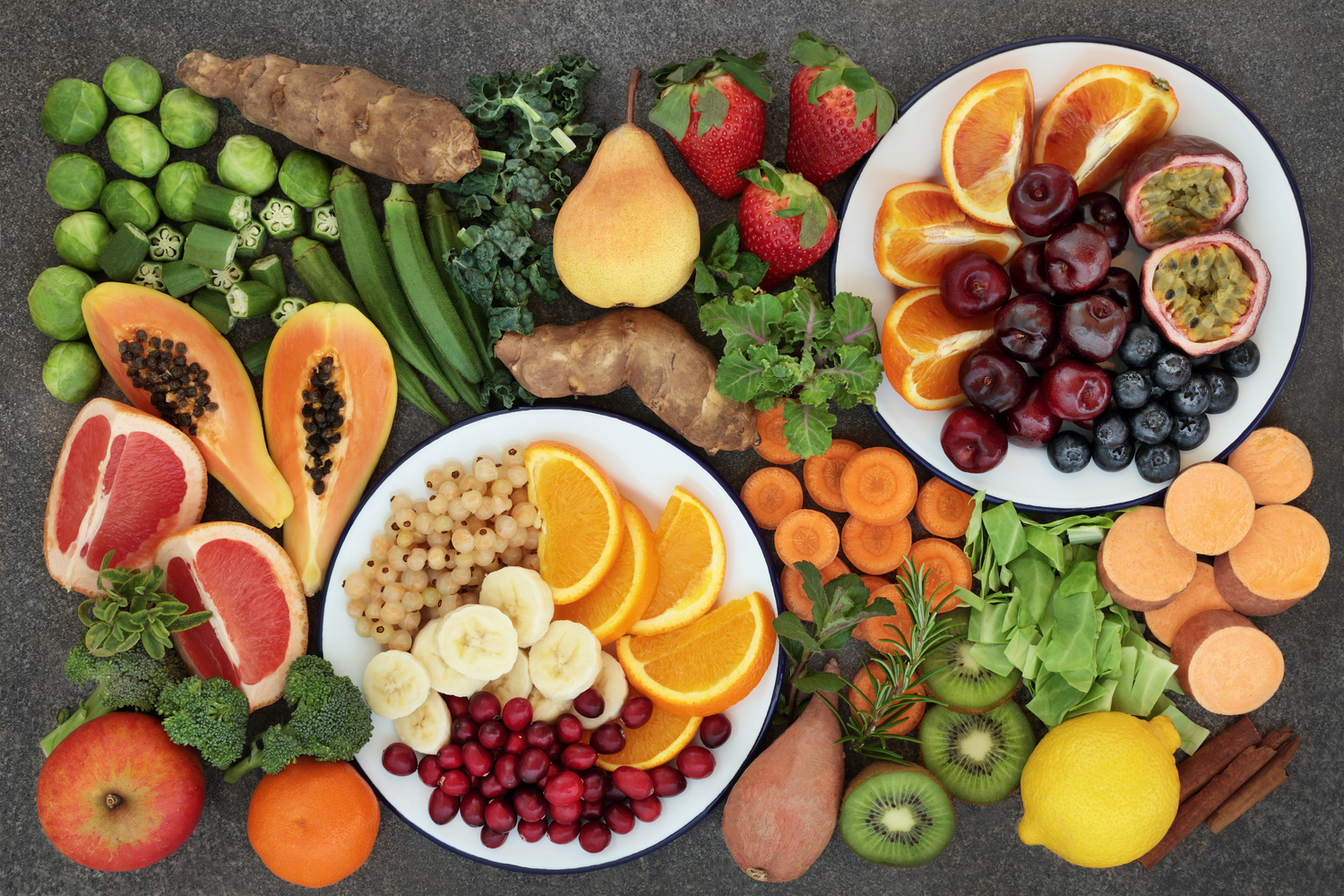Effective Dietary Strategies for Managing Diarrhea and Promoting Digestive Health
This comprehensive guide provides effective dietary strategies for managing diarrhea, emphasizing the importance of choosing gentle, easy-to-digest foods and avoiding irritants. It highlights the role of diet in recovery, illustrates common triggers, and emphasizes hydration. For persistent symptoms, consulting a healthcare professional is recommended. The article aims to help individuals understand how to manage digestive upset through diet modifications, promoting quicker recovery and gut health.

Effective Dietary Strategies for Managing Diarrhea and Promoting Digestive Health
Diarrhea, characterized by frequent loose or watery stools, is a common health issue that can last from a few days to several weeks. It is caused by various factors including infections, adverse reactions to medications, underlying illnesses, or food sensitivities. Managing this condition primarily involves dietary modifications that can either trigger or alleviate symptoms. Understanding which foods to avoid and which to incorporate into your diet is vital for speedy recovery and overall digestive health.
When experiencing diarrhea, it's important to be aware of common food triggers. Lactose intolerance, for example, is a frequent culprit, especially in dairy products like milk, cheese, and ice cream. Gluten sensitivity or celiac disease can also exacerbate symptoms, with gluten found in many grains. Additionally, high-fat and spicy foods tend to irritate the gastrointestinal tract, worsening diarrhea.
To effectively manage diarrhea through diet, focus on consuming bland, easy-to-digest foods that can soothe the gut. Examples include plain rice, bananas, applesauce, plain yogurt, and cooked vegetables such as carrots and squash. These foods are gentle on your digestive system and can help replenish lost nutrients and fluids. Incorporating these can significantly assist in reducing symptoms and supporting recovery.
On the other hand, it's crucial to avoid foods that can aggravate diarrhea. Greasy or fried foods, spicy dishes, high-sugar snacks, and caffeine should be minimized or eliminated during the recovery period. Alcohol and carbonated drinks should also be avoided as they can irritate the stomach lining and worsen symptoms.
If diarrhea persists beyond a few days despite dietary adjustments, it is essential to seek medical advice. Persistent diarrhea may indicate underlying conditions such as infections, inflammatory bowel disease, or food intolerances that require professional diagnosis and treatment. Your healthcare provider may recommend specific tests or a tailored diet plan.
In addition to dietary changes, staying well-hydrated is critical. Drinking plenty of oral rehydration solutions, water, and electrolyte-rich beverages can prevent dehydration caused by excessive fluid loss. Sometimes, medications such as antidiarrheal agents may be prescribed to regulate symptoms, but these should always be taken under medical supervision.
Adapting your diet to suit your individual health needs is key to managing diarrhea effectively. Maintaining balanced, nutritious meals that are gentle on your digestive system can lead to quicker recovery and improved overall gut health. Remember, gradual reintroduction of foods and patience are vital during this period.
By understanding your body's responses and making informed dietary choices, you can navigate digestive upsets more smoothly and restore your health efficiently. Always consult healthcare professionals for persistent or severe symptoms to ensure appropriate diagnosis and treatment plans are in place.
